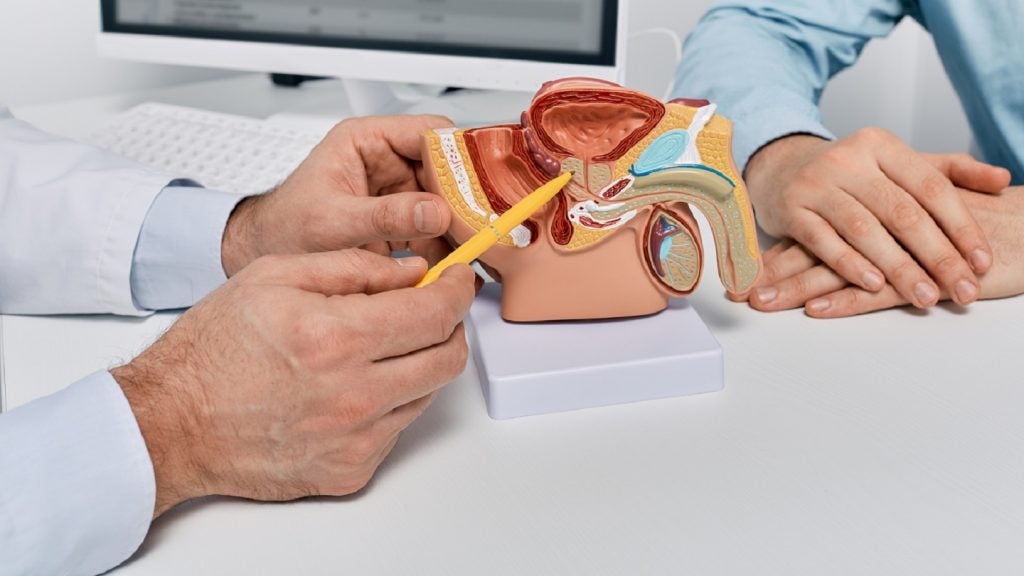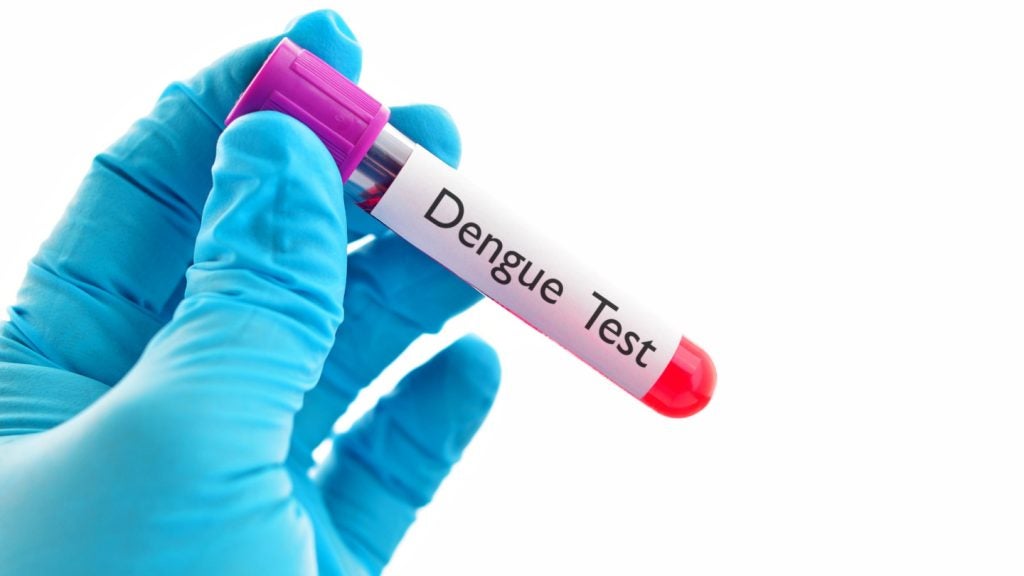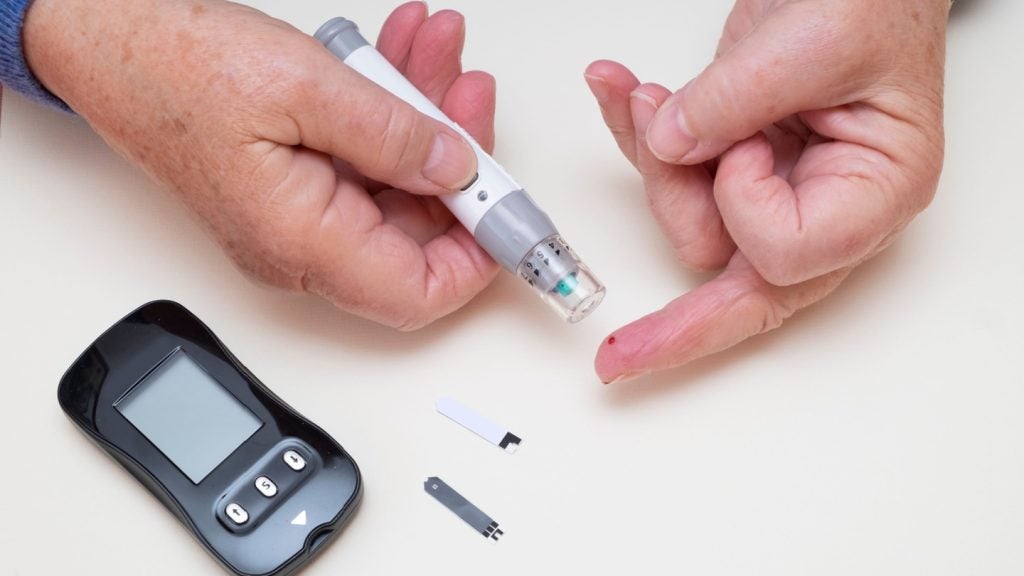Benenden Hospital in Kent, England has deployed the Aquabeam robotic system developed by PROCEPT BioRobotics to treat patients with benign prostatic hyperplasia (BPH), LaingBuisson reported.
The AquaBeam system will deliver the Aquablation therapy, a robotic therapy to treat lower urinary tract symptoms (LUTS) due to BPH.
Aquablation is said to be the first and only image-guided, heat-free robotic therapy. The procedure typically lasts around an hour.
It enables real-time ultrasound imaging, which offers a multi-dimensional view of the prostate and help the surgeon in treatment planning.
The surgeon then uses the robotically controlled, waterjet to remove the affected prostate tissue.
This minimally invasive procedure lowers side effects including ejaculatory function, infections risk along with post-operative complications.
It also helps preserve erectile function as well as continence while reducing recovery time.
Earlier this month, NorthShore University HealthSystem’s Highland Park Hospital installed AquaBeam, becoming the first US hospital to deploy two of these systems.
Recently, Procept also carried out the first commercial Aquablation therapy procedures at two hospitals in Japan, namely Oita University Hospital and Nihon University Itabashi Hospital.
Commenting on the success of adoption, PROCEPT BioRobotics CEO Reza Zadno said: “We view Japan as a very promising market for the adoption of Aquablation therapy, which has a long history of adopting new, innovative technologies while prioritising patient outcomes.”












